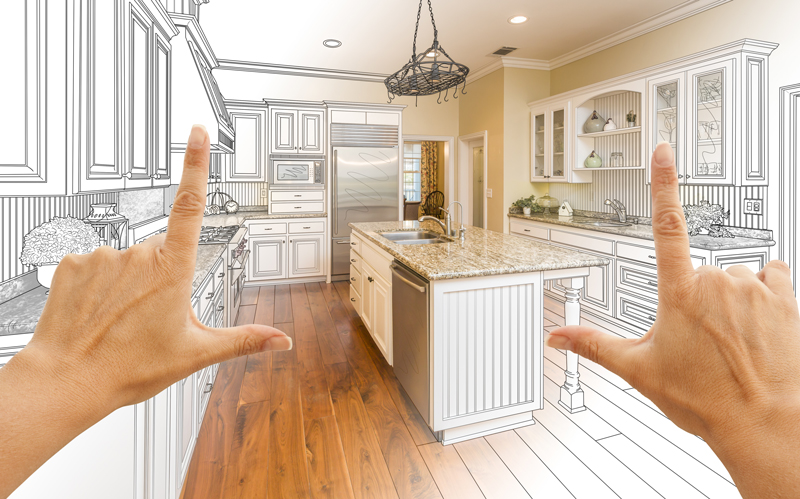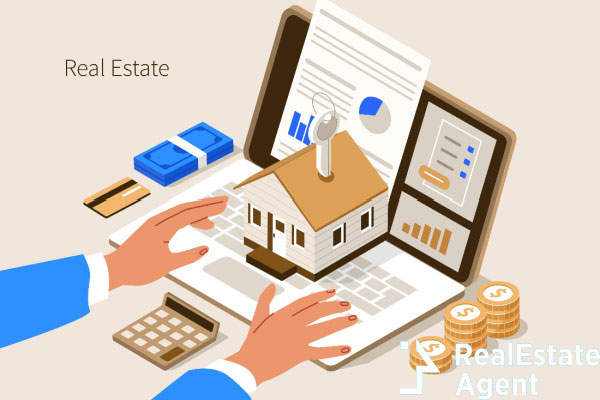
If you are thinking about buying a house, you have many choices and many different things to consider. You'll need to save for the down payment, find a house in a good school district, and make sure that the mechanics of the house are sound. Additionally, it is important to examine the area's culture as well as local businesses. Last, ensure you can afford the mortgage payment. It's not a good idea to buy a house that is too expensive.
For a down payment, save money
FDIC-insured savings accounts are the best places to save money for a downpayment on a new house. These accounts earn above-average interest rates and allow for easy access. For those who are planning to buy a long-term home, it may be more practical to invest in the market. The potential for higher returns can make sense.

Start by calculating your income. Determine how much money you earn monthly and include your partner's income if you have one. Examine your bank statements as well as credit card bills.
Find a house near a great school district
A family's decision to buy a house is often influenced by the proximity of schools. But, quality is not the only factor that matters. Other factors, such a commute time and school standard, can also play a significant role. It's important to think about all of these factors, and be prepared to make some sacrifices or give up certain features.
First, whether you're purchasing a house to yourself or for your family members, choosing a school district that is well-respected will help increase the property's resale and sellability. A great school district will provide the best education for children if they are interested in buying a house. Some school districts also have special provisions for children with special needs.
A home inspection
It is vital to obtain a home inspector before you buy a property. This gives you a feeling of ownership and helps you negotiate the price. A well-maintained home can usually be closed on. However, if it needs some work, the inspector’s report can help negotiate a value or convince the seller.

If you find significant problems in your home, such a leaky water heater or other major issues, you may be able negotiate with the seller for repairs or a lower price. You can also walk away from the deal if you don't want to pay for the repairs. Often, the seller will agree for a home examination as part of the contract.
FAQ
What are the benefits of a fixed-rate mortgage?
Fixed-rate mortgages lock you in to the same interest rate for the entire term of your loan. This means that you won't have to worry about rising rates. Fixed-rate loans offer lower payments due to the fact that they're locked for a fixed term.
Should I use a broker to help me with my mortgage?
If you are looking for a competitive rate, consider using a mortgage broker. Brokers are able to work with multiple lenders and help you negotiate the best rate. Some brokers earn a commission from the lender. Before signing up for any broker, it is important to verify the fees.
What is a reverse loan?
Reverse mortgages are a way to borrow funds from your home, without having any equity. You can draw money from your home equity, while you live in the property. There are two types: conventional and government-insured (FHA). If you take out a conventional reverse mortgage, the principal amount borrowed must be repaid along with an origination cost. FHA insurance covers the repayment.
How can I get rid Termites & Other Pests?
Your home will eventually be destroyed by termites or other pests. They can cause serious destruction to wooden structures like decks and furniture. A professional pest control company should be hired to inspect your house regularly to prevent this.
How much does it cost to replace windows?
The cost of replacing windows is between $1,500 and $3,000 per window. The exact size, style, brand, and cost of all windows replacement will vary depending on what you choose.
What are the top three factors in buying a home?
The three most important factors when buying any type of home are location, price, and size. It refers specifically to where you wish to live. Price is the price you're willing pay for the property. Size refers to the space that you need.
What are the cons of a fixed-rate mortgage
Fixed-rate loans tend to carry higher initial costs than adjustable-rate mortgages. Additionally, if you decide not to sell your home by the end of the term you could lose a substantial amount due to the difference between your sale price and the outstanding balance.
Statistics
- This means that all of your housing-related expenses each month do not exceed 43% of your monthly income. (fortunebuilders.com)
- It's possible to get approved for an FHA loan with a credit score as low as 580 and a down payment of 3.5% or a credit score as low as 500 and a 10% down payment.5 Specialty mortgage loans are loans that don't fit into the conventional or FHA loan categories. (investopedia.com)
- 10 years ago, homeownership was nearly 70%. (fortunebuilders.com)
- This seems to be a more popular trend as the U.S. Census Bureau reports the homeownership rate was around 65% last year. (fortunebuilders.com)
- Private mortgage insurance may be required for conventional loans when the borrower puts less than 20% down.4 FHA loans are mortgage loans issued by private lenders and backed by the federal government. (investopedia.com)
External Links
How To
How to Manage A Rental Property
It can be a great way for you to make extra income, but there are many things to consider before you rent your house. We'll help you understand what to look for when renting out your home.
Here are some things you should know if you're thinking of renting your house.
-
What are the first things I should consider? Take a look at your financial situation before you decide whether you want to rent your house. If you have any debts such as credit card or mortgage bills, you might not be able pay for someone to live in the home while you are away. Your budget should be reviewed - you may not have enough money to cover your monthly expenses like rent, utilities, insurance, and so on. ), it might not be worth it.
-
How much does it cost for me to rent my house? Many factors go into calculating the amount you could charge for letting your home. These include things like location, size, features, condition, and even the season. Remember that prices can vary depending on where your live so you shouldn't expect to receive the same rate anywhere. Rightmove reports that the average monthly market price to rent a one-bedroom flat is around PS1,400. This would translate into a total of PS2,800 per calendar year if you rented your entire home. While this isn't bad, if only you wanted to rent out a small portion of your house, you could make much more.
-
Is this worth it? Doing something new always comes with risks, but if it brings in extra income, why wouldn't you try it? Make sure that you fully understand the terms of any contract before you sign it. It's not enough to be able to spend more time with your loved ones. You'll need to manage maintenance costs, repair and clean up the house. You should make sure that you have thoroughly considered all aspects before you sign on!
-
Are there any benefits? It's clear that renting out your home is expensive. But, you want to look at the potential benefits. There are plenty of reasons to rent out your home: you could use the money to pay off debt, invest in a holiday, save for a rainy day, or simply enjoy having a break from your everyday life. You will likely find it more enjoyable than working every day. You could make renting a part-time job if you plan ahead.
-
How do you find tenants? Once you've made the decision that you want your property to be rented out, you must advertise it correctly. Make sure to list your property online via websites such as Rightmove. Once potential tenants contact you, you'll need to arrange an interview. This will allow you to assess their suitability, and make sure they are financially sound enough to move into your house.
-
What are the best ways to ensure that I am protected? If you don't want to leave your home empty, make sure that you have insurance against fire, theft and damage. You will need insurance for your home. This can be done through your landlord directly or with an agent. Your landlord will usually require you to add them as additional insured, which means they'll cover damages caused to your property when you're present. This doesn't apply to if you live abroad or if the landlord isn’t registered with UK insurances. In such cases you will need a registration with an international insurance.
-
Even if your job is outside the home, you might feel you cannot afford to spend too much time looking for tenants. Your property should be advertised with professionalism. It is important to create a professional website and place ads online. Additionally, you'll need to fill out an application and provide references. While some prefer to do all the work themselves, others hire professionals who can handle most of it. Interviews will require you to be prepared for any questions.
-
What should I do once I've found my tenant? You will need to notify your tenant about any changes you make, such as changing moving dates, if you have a lease. If you don't have a lease, you can negotiate length of stay, deposit, or other details. While you might get paid when the tenancy is over, utilities are still a cost that must be paid.
-
How do I collect my rent? When the time comes to collect the rent, you'll need to check whether your tenant has paid up. You'll need remind them about their obligations if they have not. After sending them a final statement, you can deduct any outstanding rent payments. If you're struggling to get hold of your tenant, you can always call the police. The police won't ordinarily evict unless there's been breach of contract. If necessary, they may issue a warrant.
-
How can I avoid problems? Renting out your house can make you a lot of money, but it's also important to stay safe. Consider installing security cameras and smoke alarms. Also, make sure you check with your neighbors to see if they allow you to leave your home unlocked at night. You also need adequate insurance. You should never allow strangers into your home, no matter how they claim to be moving in.